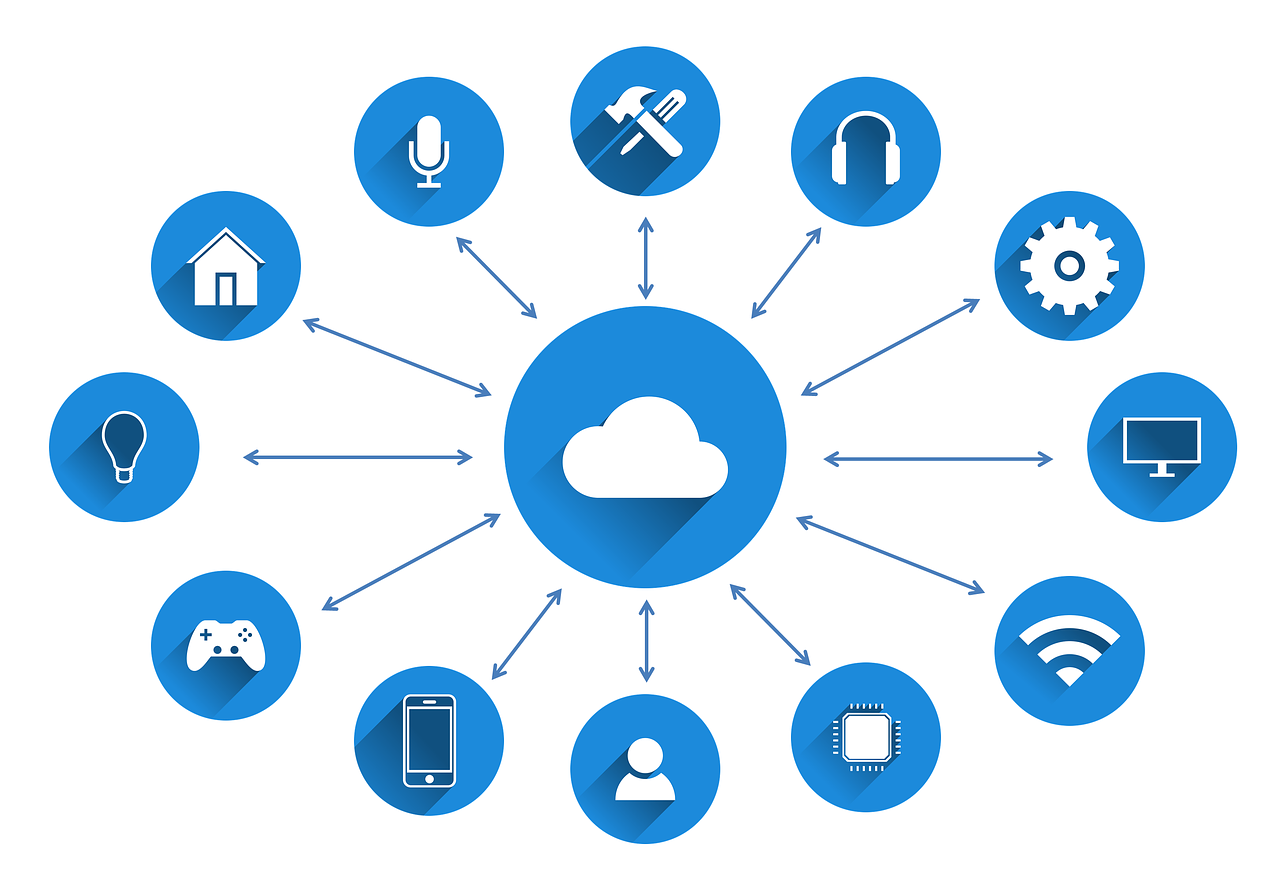How to Remove Personal Information From the Internet
Laura Martisiute
Reading time: 7 minutes

Table of Contents
Uh oh, how did that end up there? You just Googled yourself, and you weren’t happy with the search results. Now you want to delete your personal information off the internet.
Setting your social media accounts to private (or, if you’re ready, deleting them altogether), getting rid of embarrassing personal blogs from 10 years ago, and removing ill-thought-out public comments you’ve made is fairly simple. But is there anything you can do to remove content that features your personal information but appears on a site you don’t own?
As it turns out, there is. Even though deleting yourself off the internet is a long and complicated process, it can be done. But before we share how to remove personal information from the internet, let’s talk about the different types of personal information out there, how that information ends up on the internet in the first place (spoiler alert: blame data brokers), and why information leakage matters.
Types of Personal Information
That being said, the term personal information can mean different things under different laws in the U.S. and other parts of the world.
For example, the EU General Data Protection Regulation (GDPR) protects all personal data that relates to an identifiable person. On the other hand, the California Consumer Privacy Act (CCPA) protects information that not only relates to individuals but also households (the only exception is public government records).
So, depending on where you are and the purpose for which the term is being used, personal information might include:
- Contact details. Name, mailing address, email address, phone number, etc.
- ID numbers. Social security number, passport number, driver’s license number, etc.
- Online data. IP address, location data, username, browsing history, cookie ID, etc.
- Sensitive data. Race, ethnic origin, biometric data, sexual orientation, sex life, health data, etc.
- Encrypted data. Personal data that’s translated into another form and that can be only read by people with access to the secret key.
Pseudonymized data. Personal data that’s been processed in such a way that it no longer can be linked to a specific person without additional information. For example, replacing a name with a reference number.
How Does Personal Information End Up On the Internet?
It’s likely that the information that you don’t want to share online, like your address or phone number, appears on data broker and people-search sites. These sites usually have some information available publicly but charge people and businesses to access more details, like mailing addresses.
Technically, data brokers aren’t doing anything wrong or illegal. After all, they collect information that’s already available to the public.
Data brokers get their data from public government databases, like:
- Census records
- Marriage certificate records
- Electoral roll
- Land use records
- Motor vehicle and driving records
- Bankruptcy records.
They also get information from social media sites. Just think about it: every time you create an online account and fail to make it private, you voluntarily give up your name, where you live and work, your hobbies, photos of you and your family, and more.
Many data brokers buy data from companies and sites that use cookies to track people’s online behavior, as well.
They then create detailed (but not always accurate) profiles about you, which can be used to target you with ads, decide your eligibility for a job, and more.
Why Does It Matter?
The fact that strangers can get private information on you through a simple Google search is pretty worrisome, not least because it can lead to identity theft.
The easier it is for people to obtain your personal data, the more likely it is that someone will pretend to be you. In 2019, for example, U.S. consumers filed 650,572 complaints about identity theft.
Keeping your personal information private can also help you protect your employability, prevent online harassment, and stop your home being a target for burglars.
How to Remove Personal Information from the Internet
Data-collection sites
To remove your information from data-collection websites, search for yourself on each respective database (if you have a common name, add your middle initial, state, or zip code). Then, clear your profile by opting out from the site.
The opt-out process varies from one site to the next. For example, Spokeo has an opt-out website, but MyLife requires that you send them an email. And WhitePages demands that you sign up for an online account before you can request deletion (pro tip: use a throwaway email).
If you don’t know where to start, we have a complete list of data brokers with an opt-out guide for each one.
It’ll likely take you a while to complete all the steps. Some sites might also ask for personal details in the opt-out form. Remember only to share details the site already has.
Other sites
Once you opt-out from people-search and background-check sites, Google your name again. You might also appear on sites that aren’t data-collection sites.
If that’s the case, you’ll need to email the site owner directly. You should be able to find their contact information under the “Contact Us” page. Or, you can use Whois to see who the site is registered to or who hosts it.
Can’t get in touch with the site owner? We’re not surprised — private website operators don’t legally have to remove posts about you. But Google will delete certain personal information, like unwanted or explicit photos, national identification numbers, bank account numbers, credit card numbers, images of signatures, medical records, and similar.
Delete outdated search results
Alright, so you’ve managed to get your personal information removed from the internet, and yet it still appears in Google’s cached results. What should you do now? Go to Google’s remove outdated content tool and ask for the cached result (and snippet) to be cleared.
Get professional help
If all of the above seems like a lot of work (it is), you can pay a company like DeleteMe to do it for you. DeleteMe is a subscription-based service that will remove your personal information from more than 30 top broker sites starting at just $129 a year.
They’ll also send privacy reports showing you the information they found and removed. The best thing about services like DeleteMe, however, is that they monitor data broker sites to ensure that your personal information is gone for good. Since data brokers rely on public records, it’s not unusual for your information to reappear after you opt-out of a site.
You Have More Control Over Your Private Data Than You Think
Removing your personal information from the internet is not a one-day project. The peace of mind that comes with doing it is worth it, though. If you’re struggling to do it by yourself, remember that you can always get professional help.
The best way to remain private online is to avoid giving away your personal details in the first place. You can’t delete public records (like information on birth or marriage) maintained by government bodies. But you can engage privacy settings on browsers, protect your privacy on the phone (70% of popular apps leak personal data), and keep your social media accounts private.
Our privacy advisors:
- Continuously find and remove your sensitive data online
- Stop companies from selling your data – all year long
- Have removed 35M+ records
of personal data from the web
Save 10% on any individual and
family privacy plan
with code: BLOG10
news?
Don’t have the time?
DeleteMe is our premium privacy service that removes you from more than 750 data brokers like Whitepages, Spokeo, BeenVerified, plus many more.
Save 10% on DeleteMe when you use the code BLOG10.

















